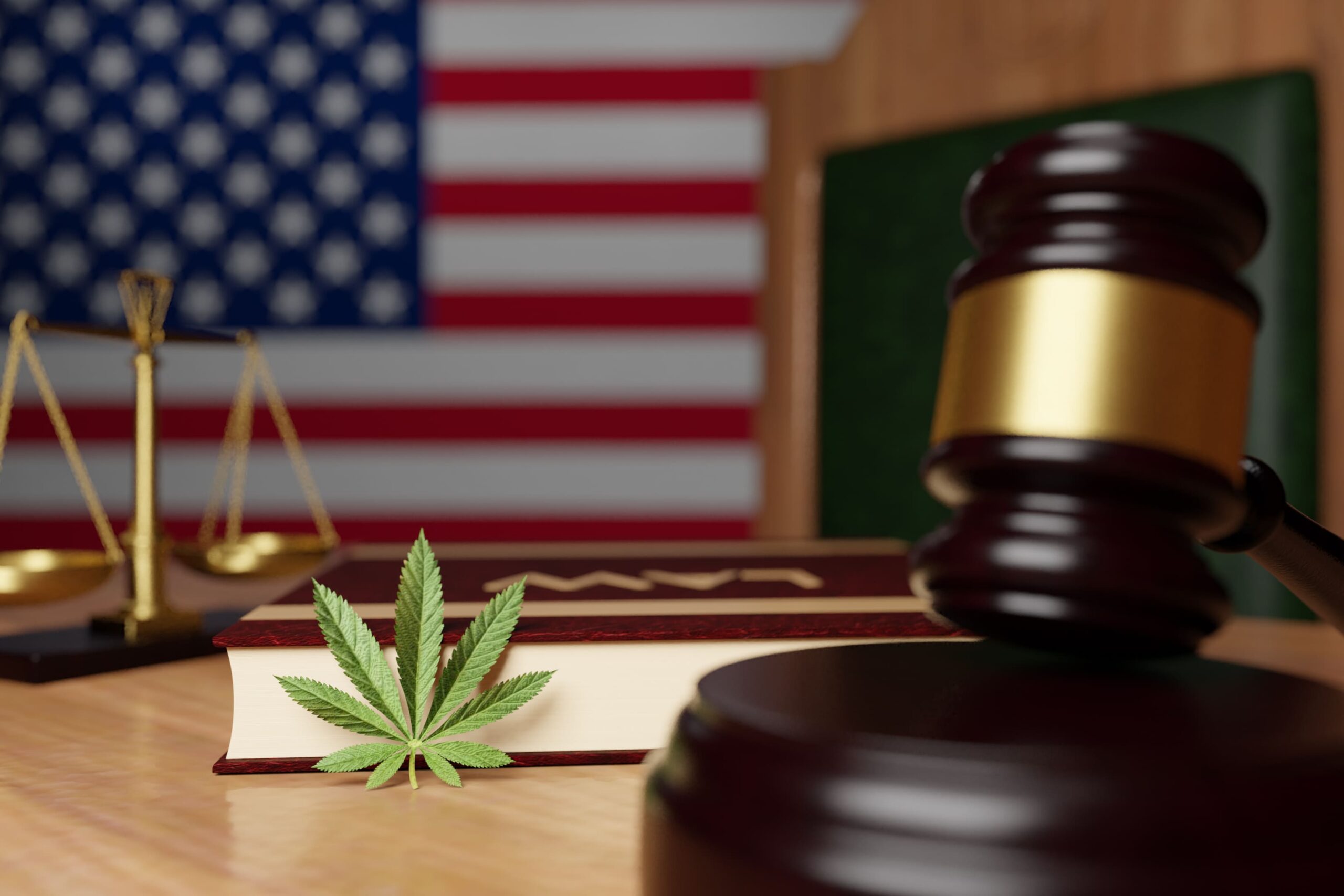Reading and comparing state marijuana laws can be an exercise in confusion. And it is not just because of the legalese. In the midst of long paragraphs filled with legal terminology most of us don’t understand are actual policies and procedures that just don’t make sense. Virginia cannabis users have had first-hand knowledge of the whole thing for nearly three years now.
The goings on in Virginia are suddenly getting media play thanks to lawmakers passing the latest marijuana reform bill that Gov. Glenn Youngkin is unlikely to sign. The bill was necessary due to a conflict created by another bill made law in 2021. What makes it all so confusing?
Legal but Unavailable
The 2021 legislation legalized possession, use, and limited cultivation among recreational marijuana users. However, it did not legalize retail sales. Marijuana products can only be purchased at retail from medical cannabis dispensaries, by people who possess the necessary documentation. So while recreational users can possess and use, there is nowhere for them to purchase.
You can probably guess the end result. Recreational users purchase their marijuana from the black market – which is the whole point of the bill that now sits on the governor’s desk. Signing it would legalize retail sale and ostensibly put a dent in black market activity.
Does it make sense to legalize recreational possession and use but not retail sale? No. Yet here we are. And Virginia isn’t the only state to have gone down this path.
A Similar Problem in New York
A few years back, New York lawmakers gave the green light to recreational marijuana. However, they wanted to control the recreational market as tightly as the medical market. Here’s the problem: they legalized recreational use before they had a regulatory framework in place for retail sales. For more than a year, people could use marijuana recreationally but had nowhere to purchase it.
Illegal pot shops started popping up all over the state. And even when the state got around to establishing the retail framework, many of those illegal shops continue to flourish.
A Contrast in Utah
If Virginia and New York are examples of how to write illogical marijuana laws, Utah is an example of how to do it right. Their program isn’t perfect, but the way they have things set up in the Beehive State makes a lot more sense.
Utah Marijuana says state regulations are pretty straightforward. The law says that:
- All marijuana businesses in the state must be licensed.
- Only medical cannabis is allowed; recreational marijuana is not.
- All medical cannabis purchased in the state must be produced in the state.
- Medical cannabis can only be purchased from state-licensed pharmacies.
Marijuana users in Utah might not necessarily agree with the rules, but there is little ambiguity in Utah’s regulations. State lawmakers should be commended for the work they have done to craft the state’s medical cannabis program.
It Starts at the Top
So why do lawmakers in so many states seem to approach marijuana legislation in such an illogical way? It starts at the top, which is to say the conflict between federal and state law. States know that federal law still considers marijuana an illicit substance. State lawmakers try to craft laws that will keep constituents happy but still keep Washington off their backs. The end result is often illogical.
Time will ultimately tell if Virginia’s governor will sign or veto the legislation sitting on his desk. If he vetoes it, the state government will continue defying logic by openly pushing consumers to the black market. You figure it out. I can’t.


